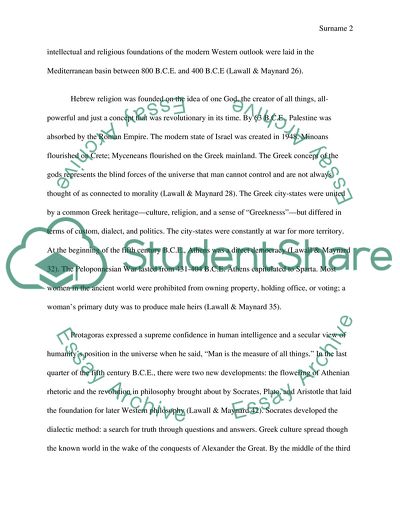Cite this document
(Literature of Western Culture through the Renaissance Essay - 3, n.d.)
Literature of Western Culture through the Renaissance Essay - 3. Retrieved from https://studentshare.org/literature/1797831-midterm
Literature of Western Culture through the Renaissance Essay - 3. Retrieved from https://studentshare.org/literature/1797831-midterm
(Literature of Western Culture through the Renaissance Essay - 3)
Literature of Western Culture through the Renaissance Essay - 3. https://studentshare.org/literature/1797831-midterm.
Literature of Western Culture through the Renaissance Essay - 3. https://studentshare.org/literature/1797831-midterm.
“Literature of Western Culture through the Renaissance Essay - 3”. https://studentshare.org/literature/1797831-midterm.


